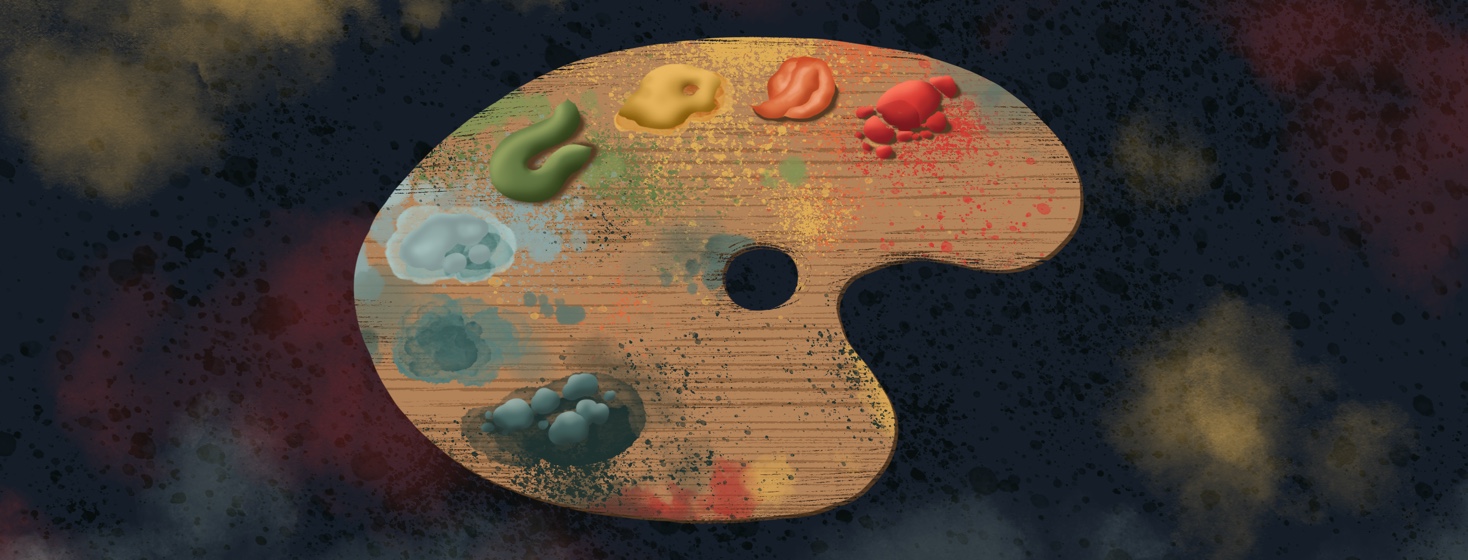Common Poop Problems with Hep C
Since the liver is part of the gastro system, you may expect to have poop problems with hepatitis C. We can tell when something doesn’t feel right, and it’s important to know what to do. Of course, your doctor will always advise you, but to help you with gut and liver health, here are the common poop problems with hep C.
Changes in consistency
Let's start with consistency issues...
Hard
Dry lumps of poop mean you’re constipated. Solving this can be as easy as drinking more water. Your doctor may recommend an over the counter stool softener til you can get back to normal, or ask you to use an enema at home. It’s important to keep things moving. Remember that eating fresh vegetables and grains puts more natural fiber into your diet.
Liquid
If your stool is too watery, or you feel like you might not make it to the bathroom on time, you may be having too much fiber. Lactulose or food allergies can cause changes also. If it lasts for more than a couple of days, call your doctor.
Soft
While soft poop is not anything to be too concerned about, if you're spending too much time on the pot, talk to the doctor. Of course, food poisoning or a stomach virus can cause poop to be too soft.
Normal
It your poop is like a long sausage, you’re doing well. It’s natural to have a good bowel movement like that every couple of days. at least.
Greasy
If your poop is oily or greasy, it can indicate that you’ve got a gut issue. Let your doctor know. Again, mine went from greasy to hard every few days from my sick liver, but that went away after starting hep C treatment.
Tarry
Hard and slick stools can be normal, but it can also mean that your poop has old blood in it. For example, if you have a varices bleed in your tummy or esophagus because of hep C, you may digest some blood. As it goes through, it can be a common problem that your poop will look and feel different.
Changes in color
With liver disease, color can be a signal that something is wrong. While food can change the color of your poop, you need to keep an eye out and check for a healthy-colored brownish bowel movement.
Red
Red in your stool may just be hemorrhoids, but can also signal trouble. Take notice if there is any red color in your stool. I had bleeding varies, and thought my poop was red from eating jello. This was not a good situation and I ended up in the hospital.
Black
Black poop, like I talked about before, can be caused by bleeding higher up in your gut. Make a call to the doctor when you see dark stool for a couple of days, especially if it’s not diet-related.
White
White or pale colored stools are another signal that your food is not being digested properly. It can be something in your diet, medication, or it could be because of advanced liver disease or cirrhosis.
Talk to your doctor
I want you to pay attention to common poop problems with hep C. If you notice any changes in your stool, write it down and talk to your medical provider. Of course, Lactulose is a whole different problem, but if you are taking it, your will already be talking to your doctor about your stool. Just to make you feel better, I’ve had all of the above problems with poop over the course of many years. I got rid of hep C and was able to move forward. I hope you can too!

Join the conversation